
ACCC Slams Airlines For Increasing Domestic Flight Prices After Rex Collapse

Australia’s consumer watchdog has slammed airline companies after a recent report revealed domestic flight prices have spiked by as much as 95 per cent since Regional Express (Rex) fell into voluntary administration earlier this year.
Shortly after Rex entered voluntary administration in July and suspended its flights in major capital cities, flight prices on these routes soared exponentially.
As of August, 667 employees at Rex Airlines have been made redundant following the airline’s placement into voluntary administration. Ernst & Young (EY) were appointed as administrators to oversee the company’s operations during the process.
Qantas and Virgin profit from Rex’s demise
According to the Australian Competition and Consumer Commission (ACCC), Rex’s absence on these key routes has allowed major airlines like Qantas and Virgin to increase prices, as airline competition has dwindled.
The ACCC report highlighted significant fare hikes on several popular routes, particularly those offering “best discount economy” tickets. For instance, the cost of flights from Adelaide to Melbourne soared by a staggering 95%, reaching $296, while fares from Melbourne to the Gold Coast rose 70% to $432. Similarly, the price of tickets from Canberra to Melbourne climbed 54%, now costing $298.
“The recent spike in airfares corresponds with a less competitive domestic airline sector after Rex’s exit from 11 of the 23 services between metropolitan cities,” ACCC Commissioner Anna Brakey said.
Brakey stated that Rex’s existence as a third competing airline group on services between metropolitan cities could have “significant longer-term impacts on the domestic aviation sector.”
While September typically sees a seasonal surge in air travel due to major sporting events and school holidays, this year’s pricing pressures were compounded by Rex’s exit from the market.
Passengers lost access to the lower fares previously offered by Rex, while airline seating capacity also decreased, resulting in increased airfares.
Since July this year, seating on services between major cities has dropped by 6 per cent, while the number of domestic passengers travelling on these routes remained stable, leading to fuller flights.
The ACCC pointed out that earlier this year, nearly half of all passengers travelled on routes served by three or four airline groups. However, at this stage there are no domestic routes services by more than two major airlines with Qantas Group and Virgin Australia, now handling 98 % of domestic passenger traffic.
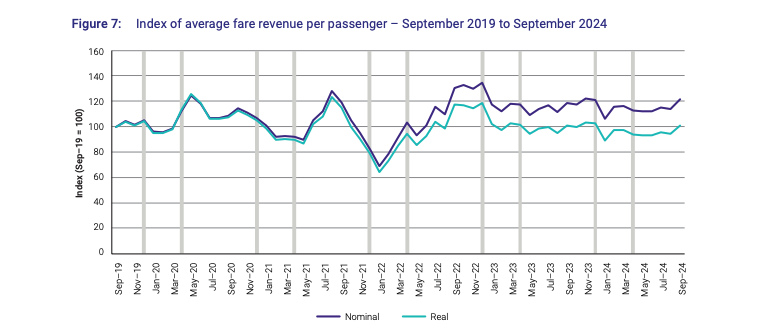
Qantas disputes flight prices and findings in ACCC report
Qantas hit back at the ACCC’s report, arguing that their findings did not accurately reflect the “average fares customers are actually paying.”
In a statement released on Tuesday afternoon, the Australian airline claimed the fare data was skewed, as it was taken during a period when flight costs are generally higher due to the timing of school holidays (July and September) and major spring events.
“The data is from the Government’s monthly fare monitoring which expressly states that it does not measure ‘average fares paid by passengers.’ It is a snapshot of the lowest fares available to purchase on a particular day three weeks prior to travel and does not factor in events which may impact demand and fares,” Qantas Domestic CEO Markus Svensson said in a statement.
“If you look at fares in July to September this year compared to the same period last year, airfares across the industry have increased broadly in line with inflation. These increases were occurring while Bonza and Rex were still operating on domestic routes,” Svensson said.
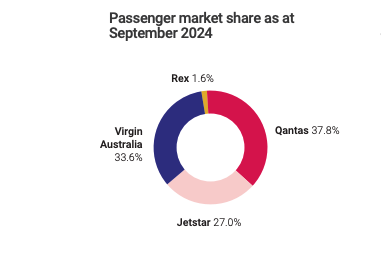
Qantas blames Coldplay concerts for surge in flight prices after Rex collapse
Qantas even pointed to the Coldplay concerts as a key factor behind the unusually high flight prices following the collapse of Rex Airlines.
According to the airline, the busy end of October, marked by four sold-out Coldplay concerts, led to a surge in demand for flights between Adelaide and Melbourne.
“The day selected in the latest report was 31 October, which is when Melbourne was hosting Coldplay. As such, demand was significantly higher on flights into Melbourne which means lower fares were snapped up early and the fares left available to purchase three weeks out were higher than usual. The average fare increase on these routes between July and October was significantly lower,” Svensson said.
Qantas’ back-to-back scandals
This is not the first time Qantas has been in hot water. Just last month, Australia’s federal court formally ordered Qantas to pay $100 million in penalties for advertising and selling tickets on flights it later cancelled, termed “ghost flights”.
According to the Australian Competition and Consumer Commission (ACCC), Qantas had “benefitted” from misleading its customers by failing to remove the cancelled flights from sale. The ACCC also pointed out that senior managers, who were responsible for the airline’s operations were aware of the issue but failed to act.

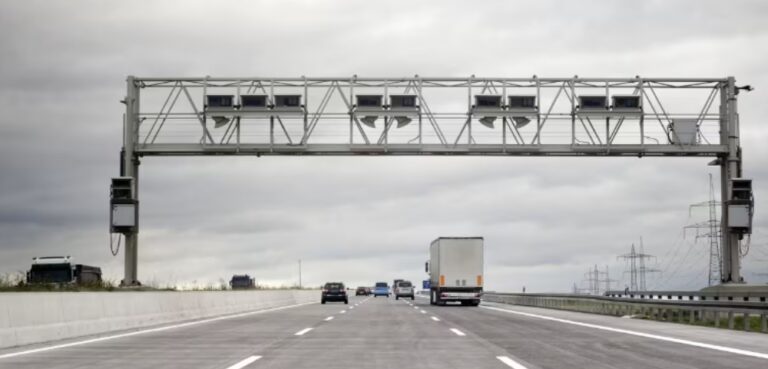
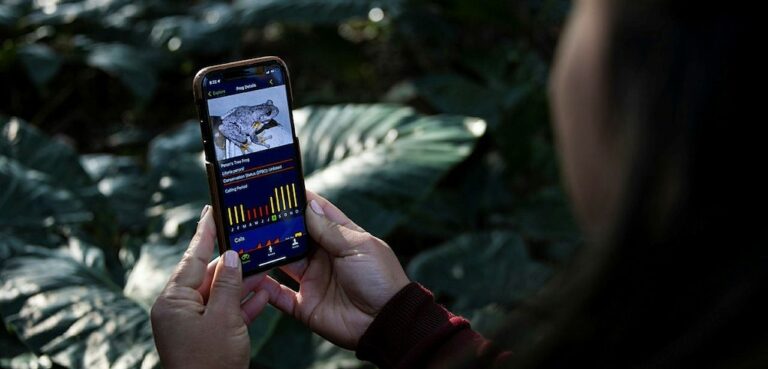
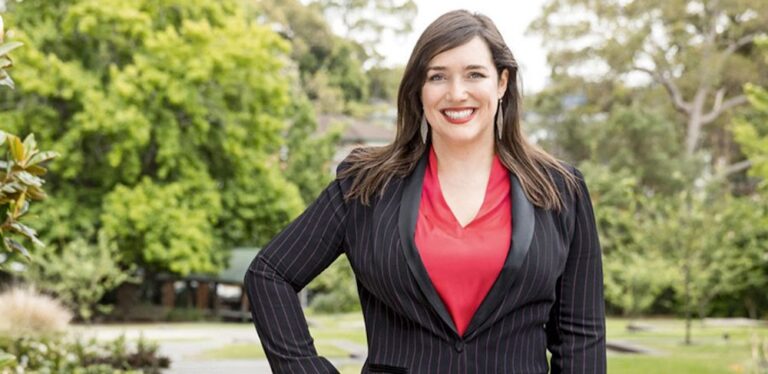


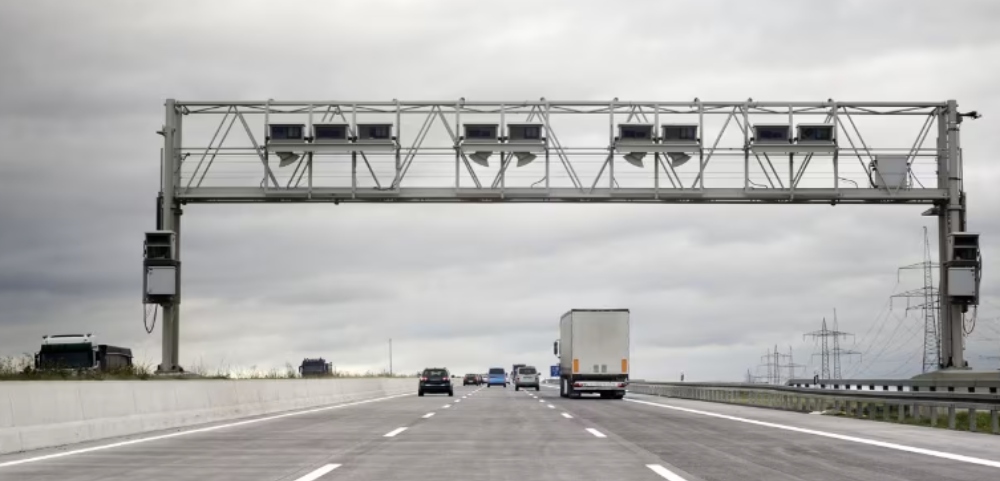
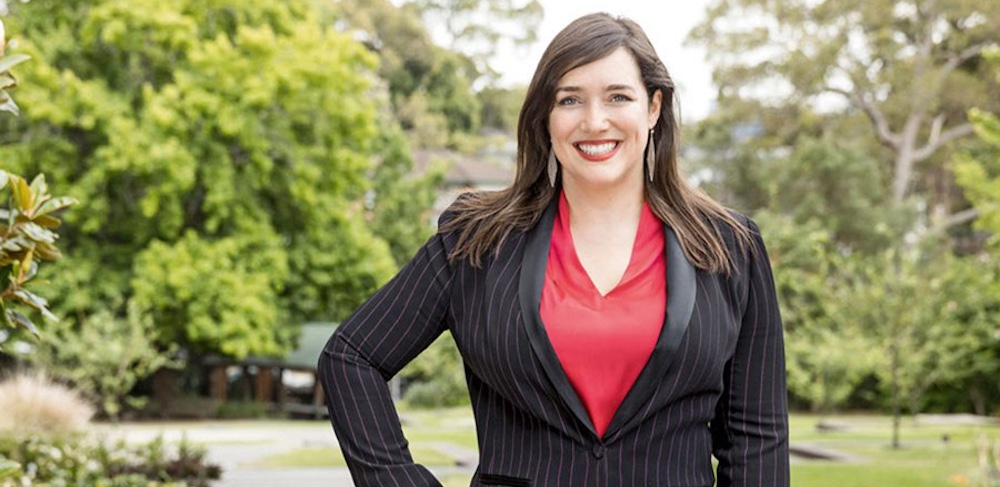


Leave a Reply